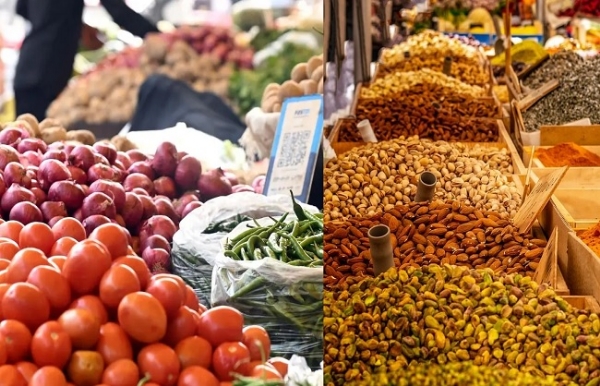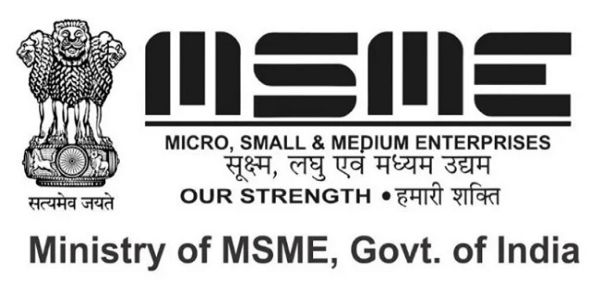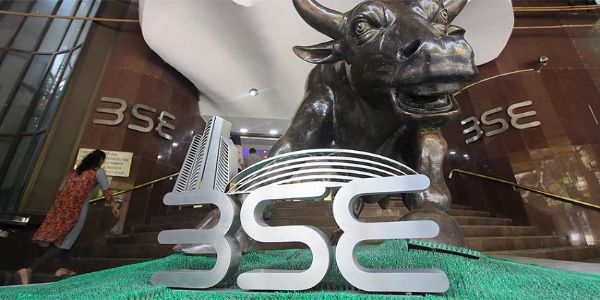
New Delhi , August 14(HS): In a significant relief for the economy, India’s wholesale inflation rate slipped to a two‑year low of –0.58% in July, marking the second straight month of deflation at the wholesale level. This compares to –0.13% in June and sharply contrasts with the 2.10% inflation rate witnessed in July last year.
According to data released by the Ministry of Commerce & Industry, the fall in the Wholesale Price Index (WPI) was driven mainly by declines in prices of food items, mineral oils, crude petroleum & natural gas, and basic metals.
Food and Vegetable Prices Lead the Slide
Wholesale food inflation recorded a steep –6.29% contraction in July, deepening from –3.75% in June. Vegetables were the major contributor to this drop, with prices plunging by nearly 29% compared to a 22.65% fall in the previous month.
While the food basket softened considerably, manufactured products saw prices edge up slightly, with inflation rising to 2.05% in July from 1.97% in June. On the other hand, the fuel and power category witnessed continued deflation of –2.43%, only marginally better than June’s –2.65%.
Retail Inflation at Eight-Year Low
Adding to the good news for consumers, retail inflation – measured by the Consumer Price Index (CPI) – plunged to an eight‑year low of 1.55% in July, falling below the Reserve Bank of India’s (RBI) target band of 2%–6%. The sharp fall was attributed largely to easing food prices, with food inflation in the retail basket turning negative.
RBI’s Outlook More Optimistic
The downward trend has prompted the RBI to trim its inflation forecast for FY2025‑26 to 3.1% from 3.7%, citing comfortable foodgrain stocks, better harvest prospects, and stable domestic demand. However, it cautioned about potential volatility in vegetable prices and global commodity swings in the coming quarters.
Policy Implications
With inflationary pressures cooling at both wholesale and retail levels, the central bank is likely to keep monetary policy accommodative while remaining watchful for late‑season price shocks. Economists believe the trend creates breathing space for policymakers to focus on growth‑supportive measures.
In short, July 2025 has brought a rare double relief – cheaper wholesale goods and subdued retail prices – offering much‑needed comfort to households and businesses alike as the festive season approaches.
---------------
Hindusthan Samachar / Jun Sarkar








